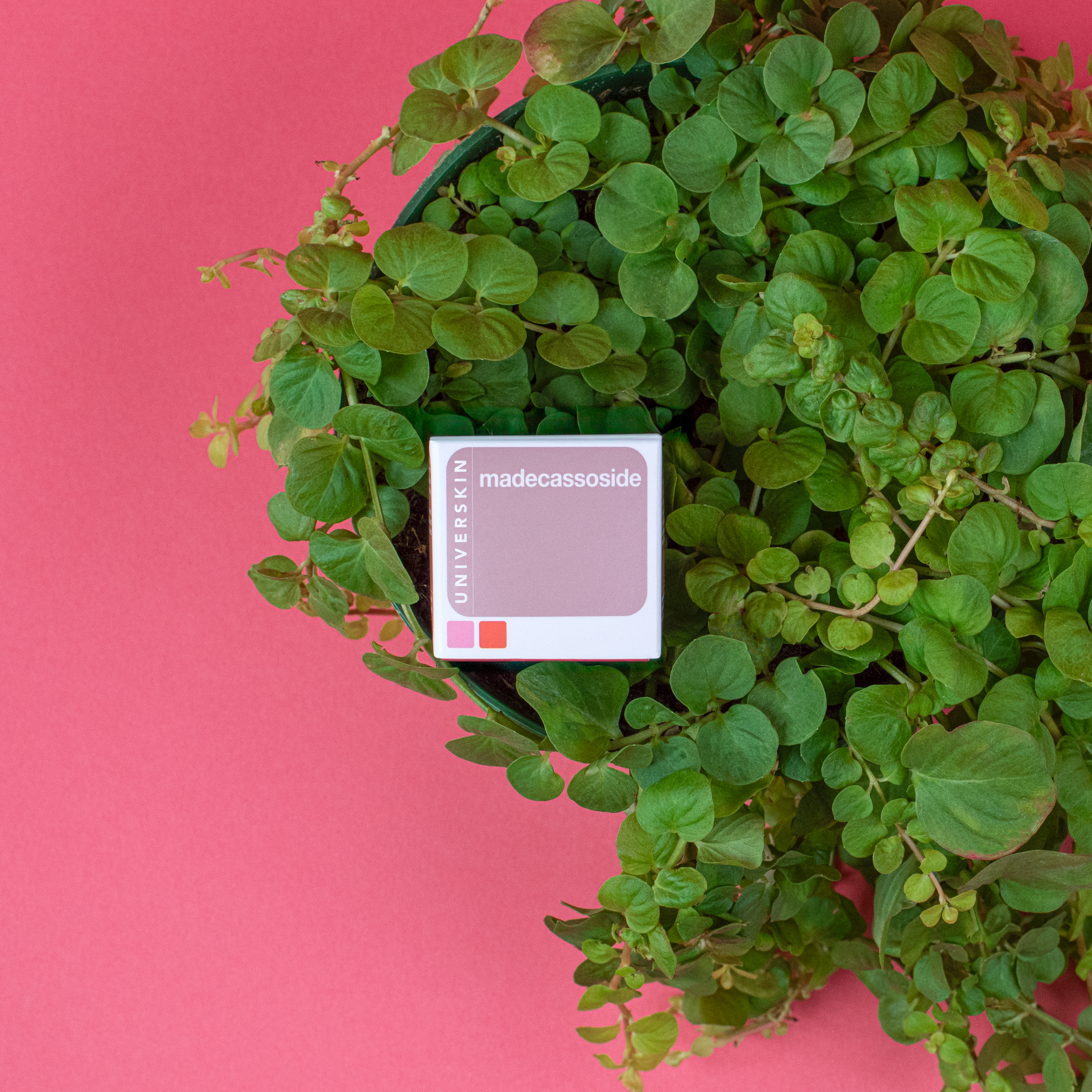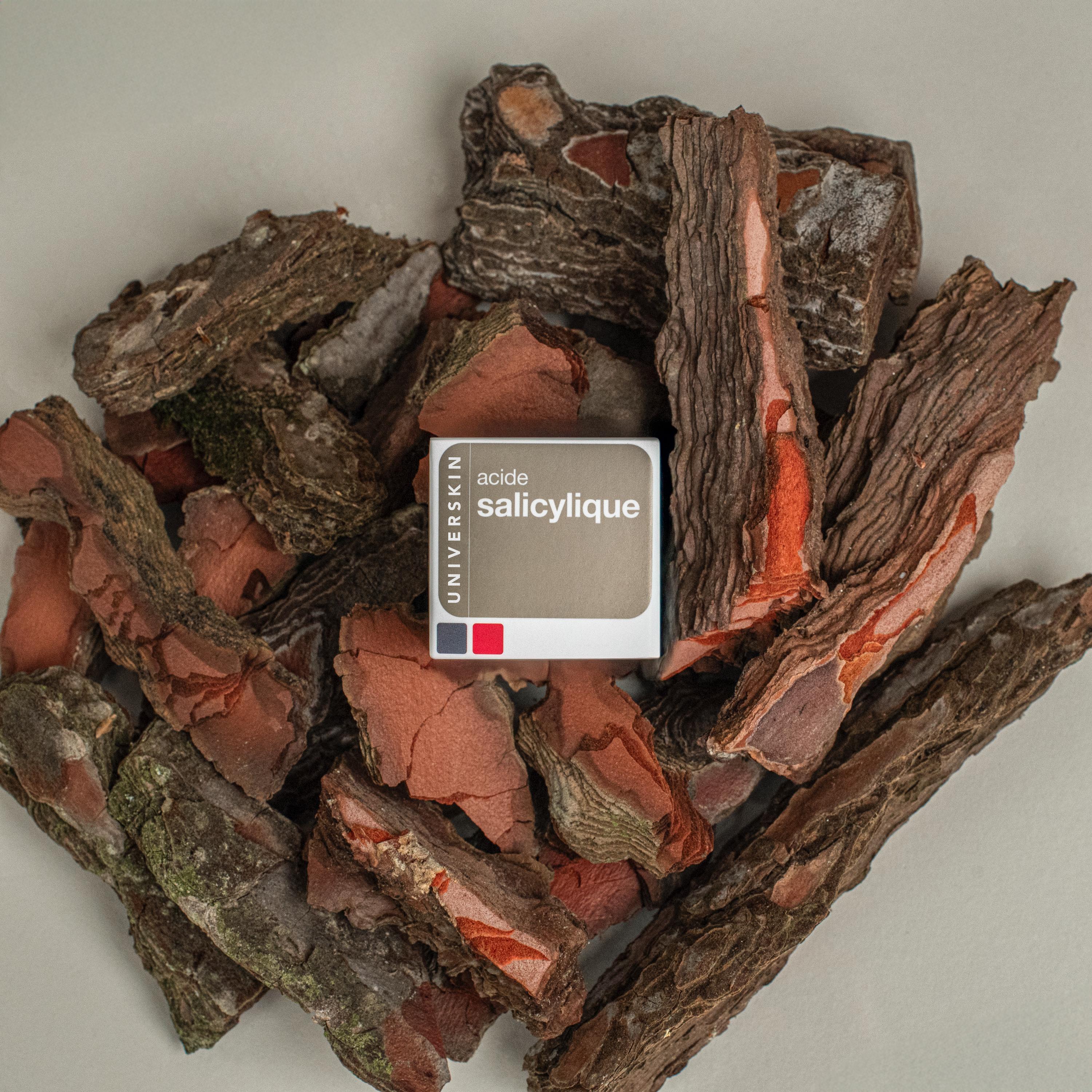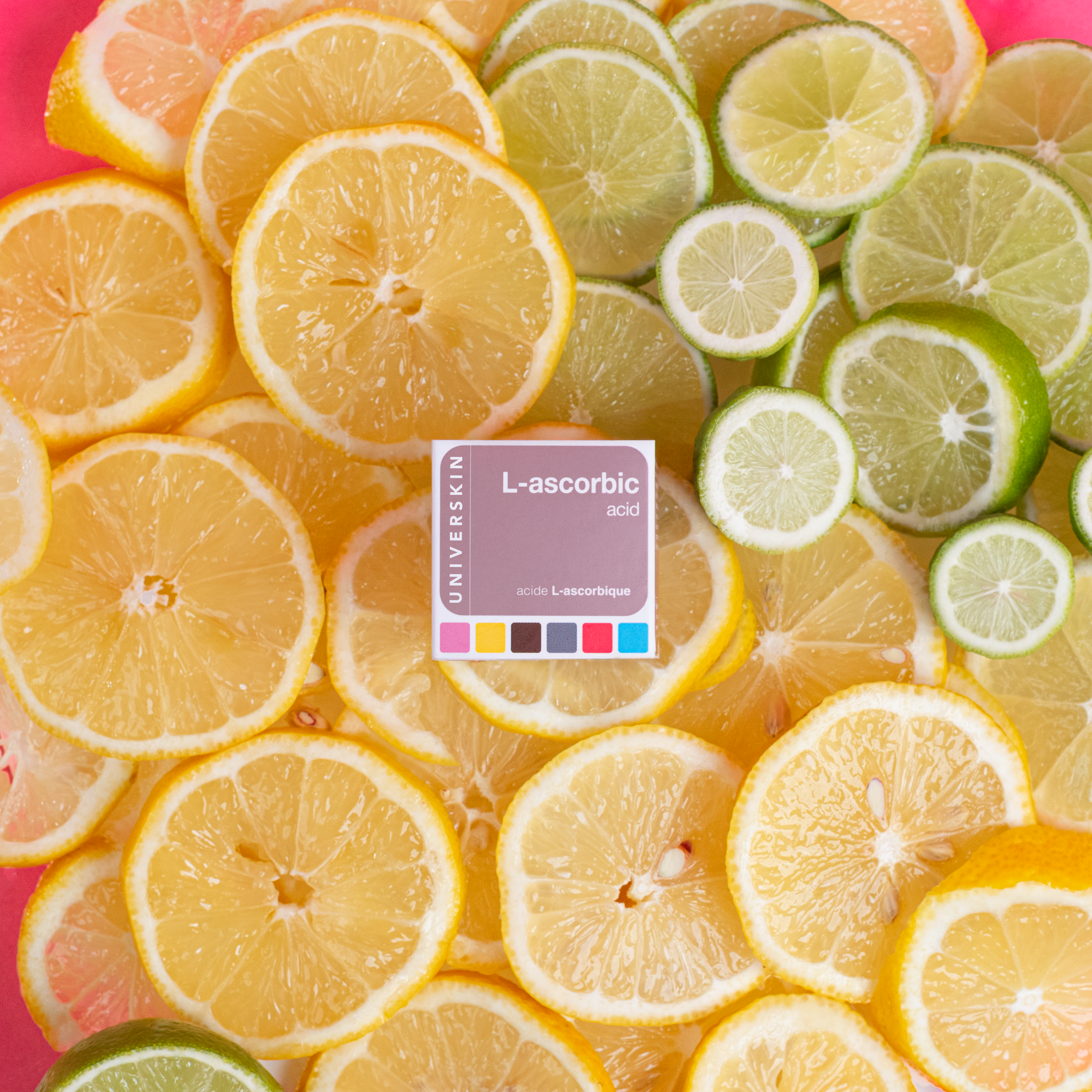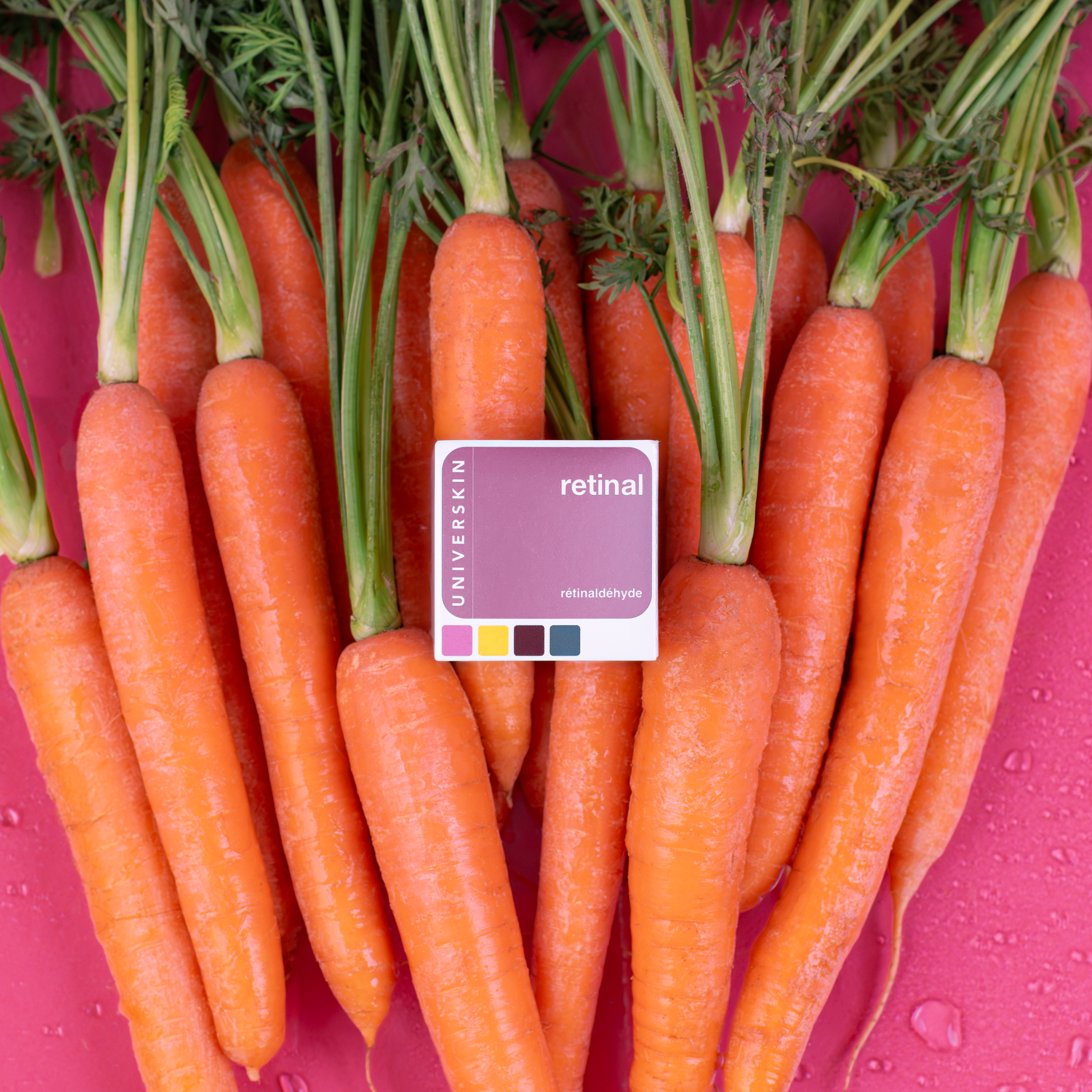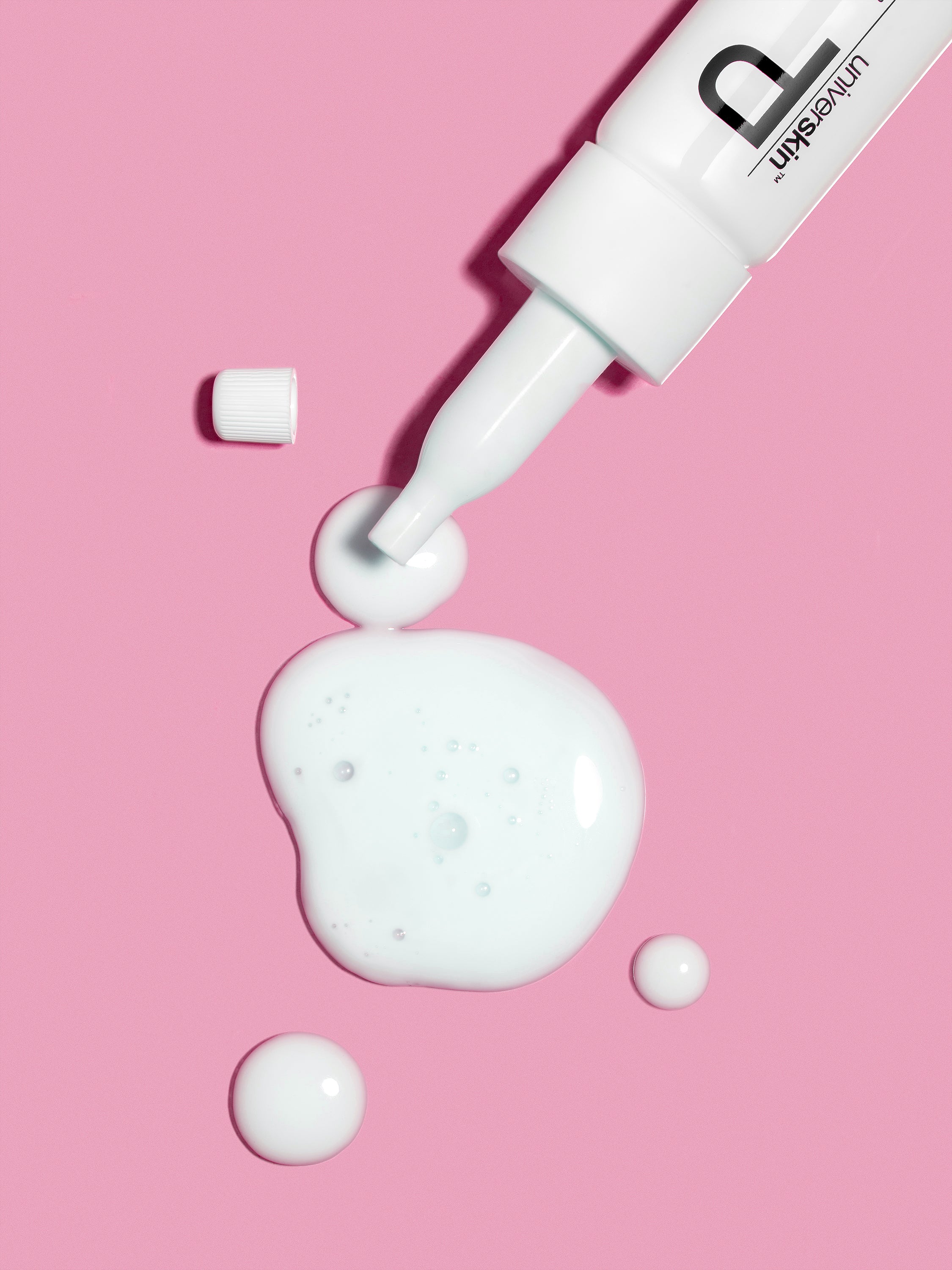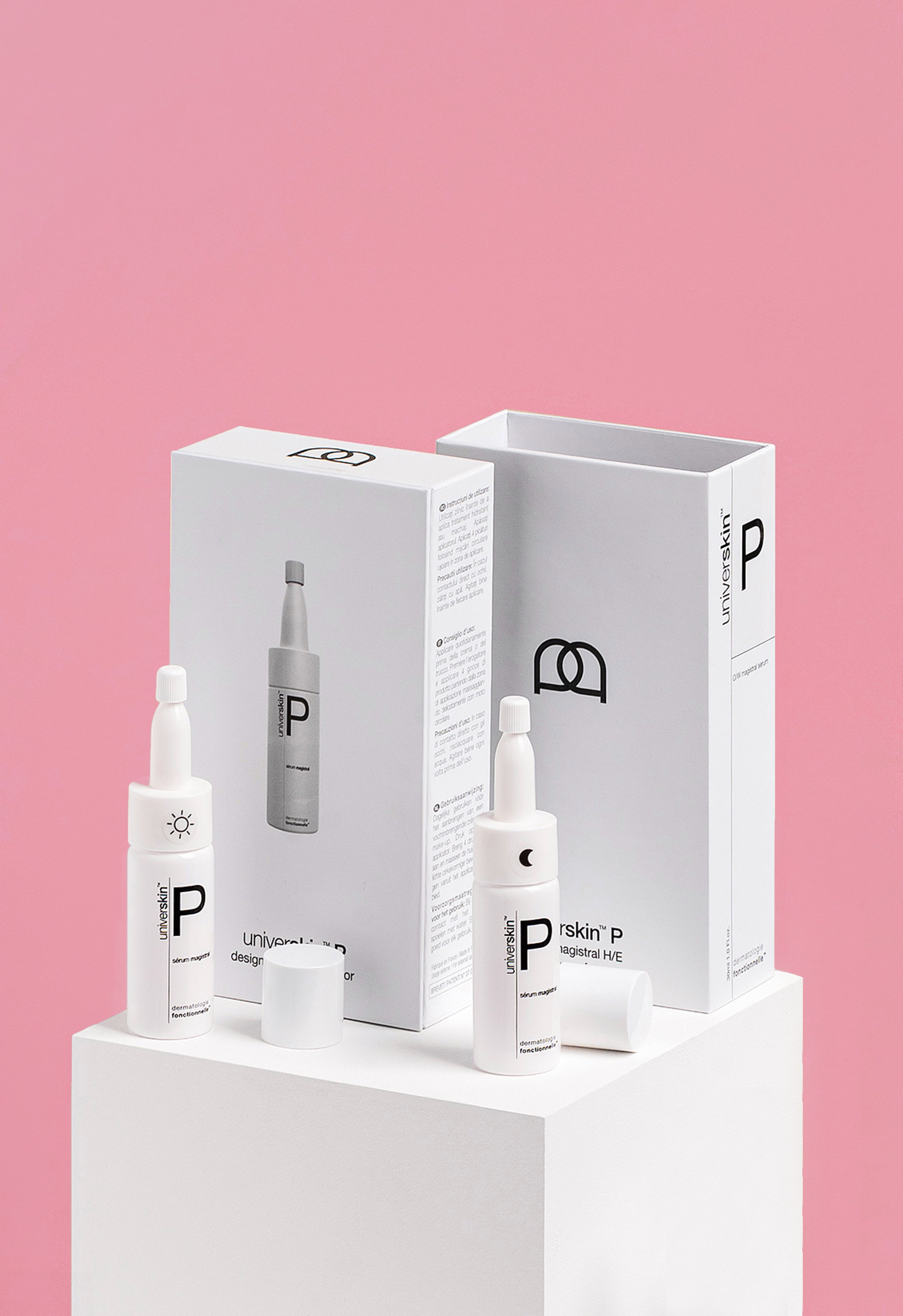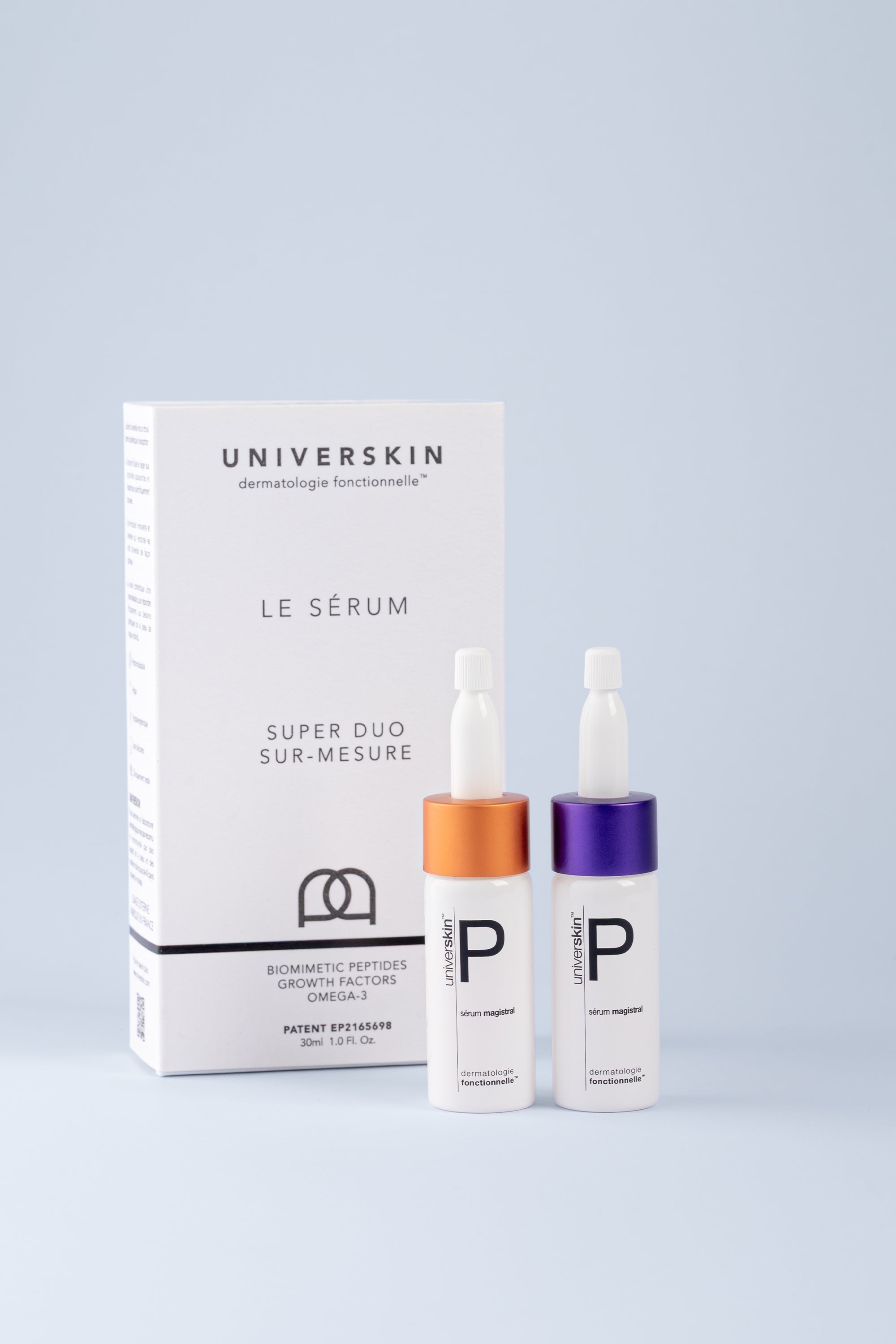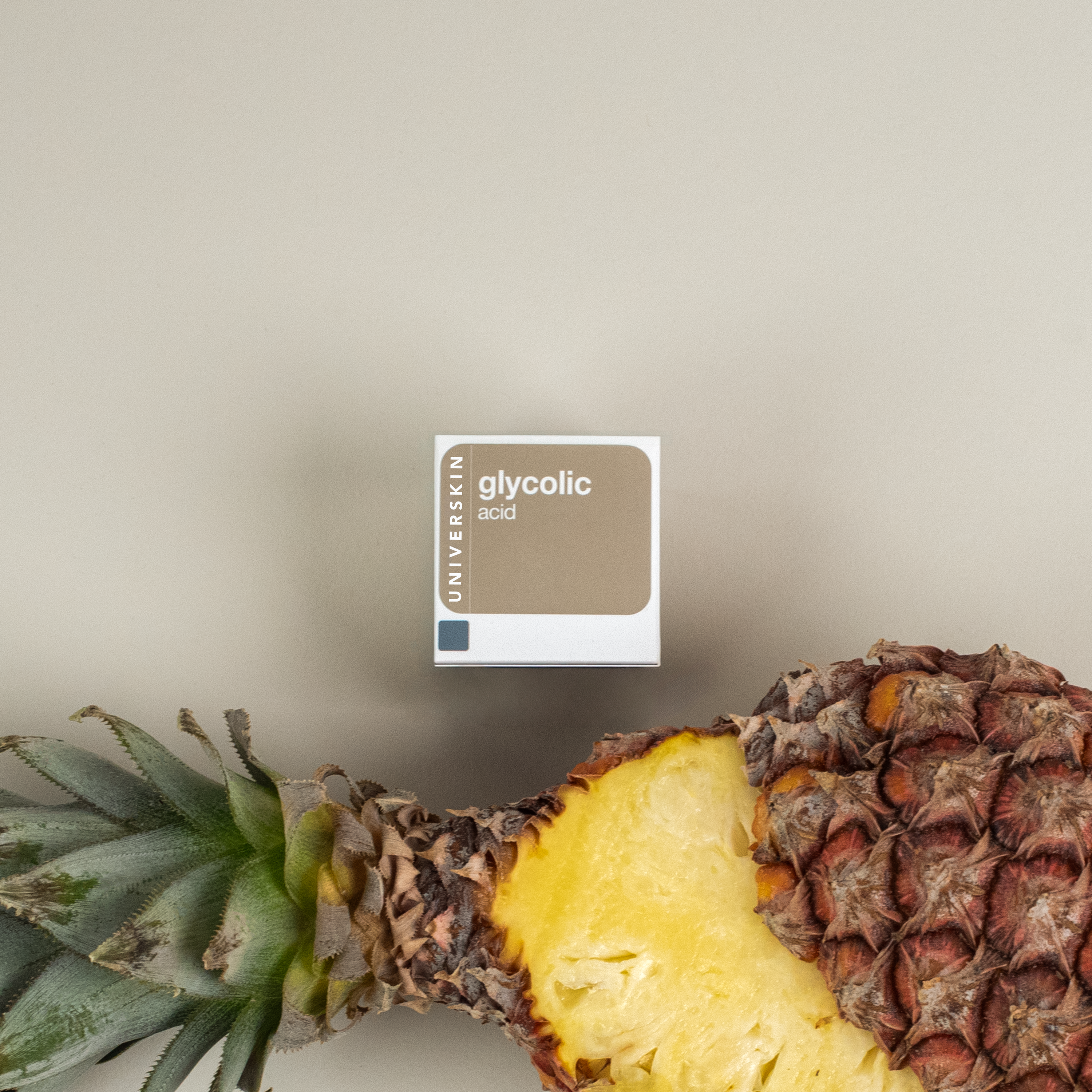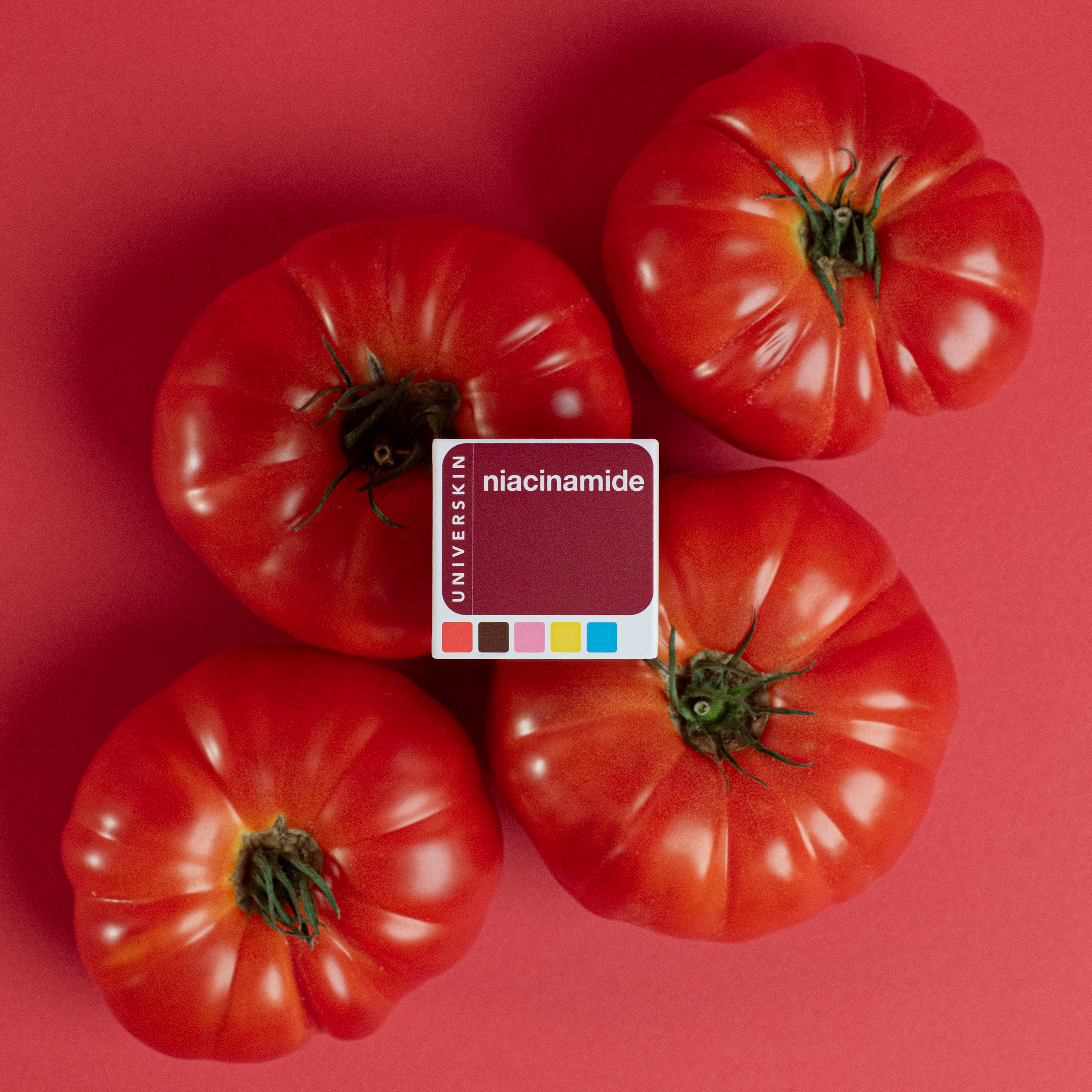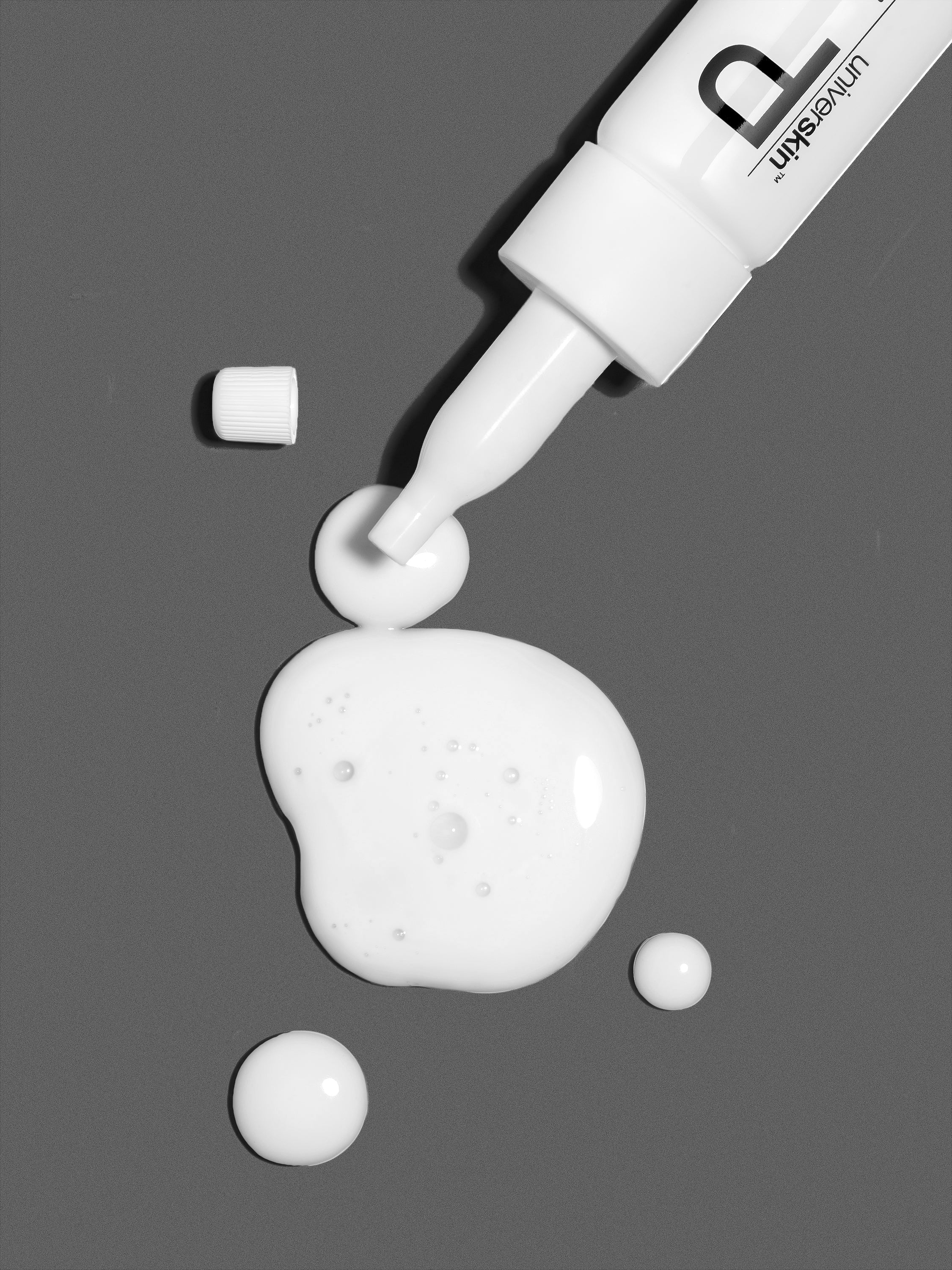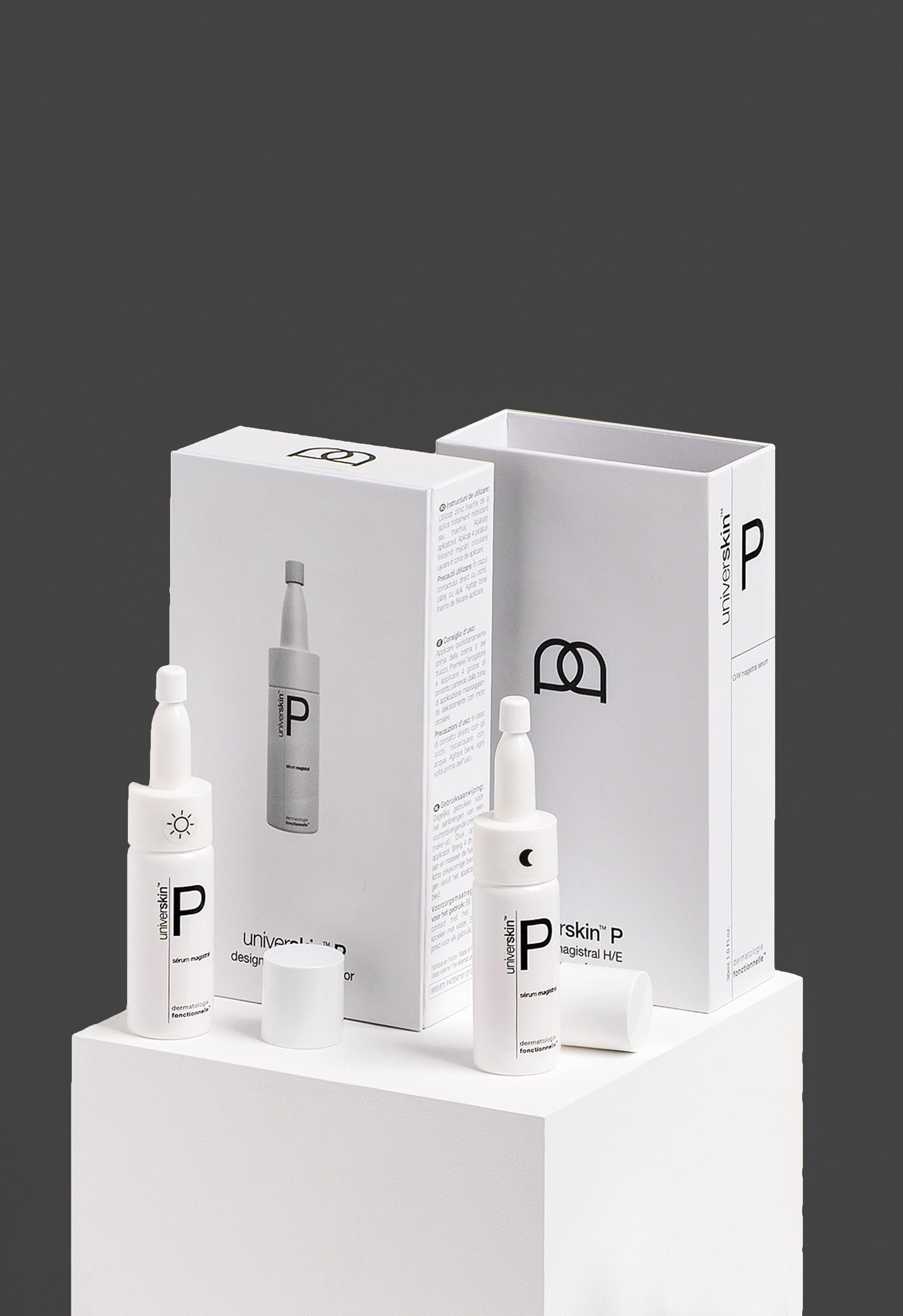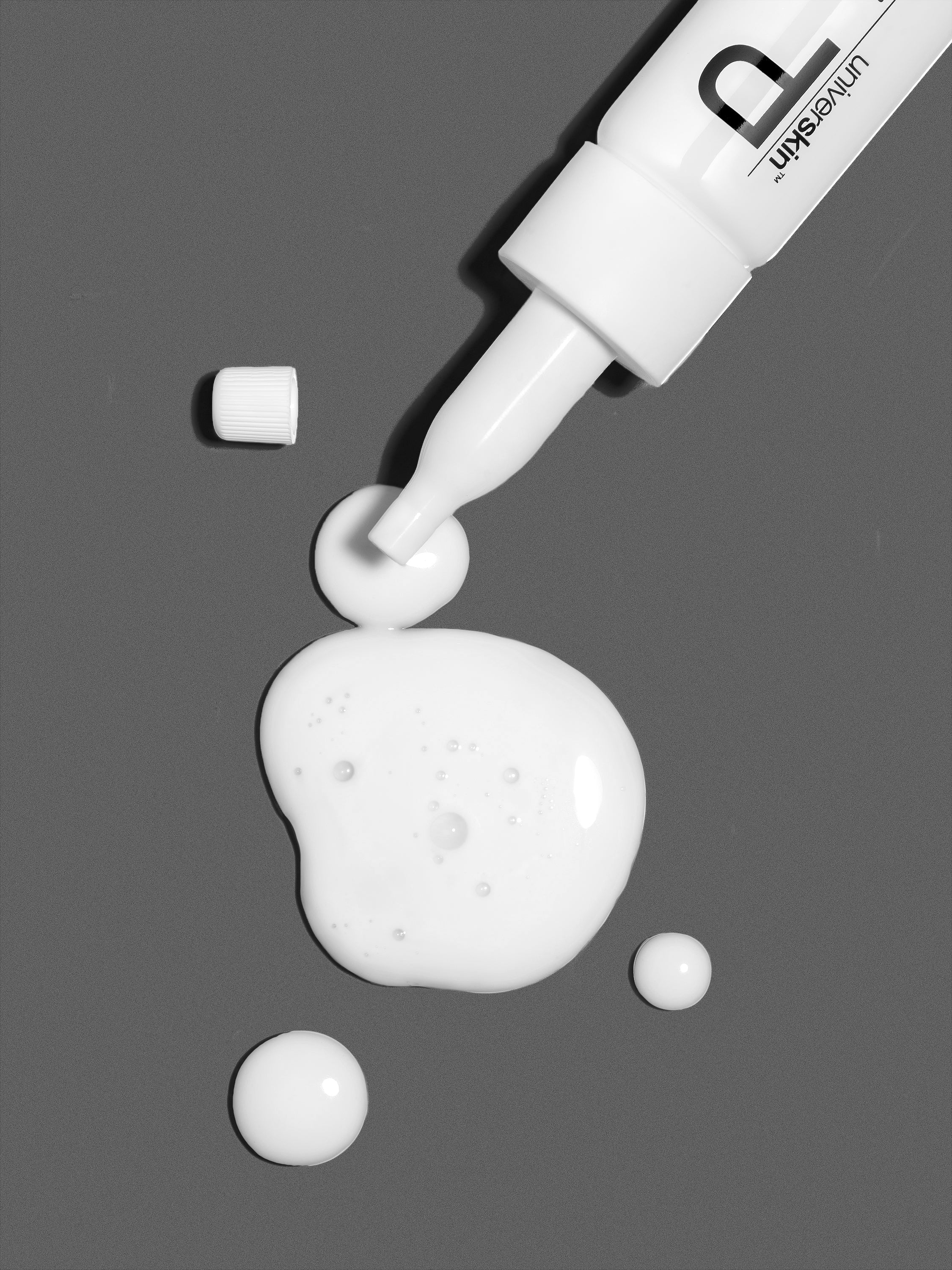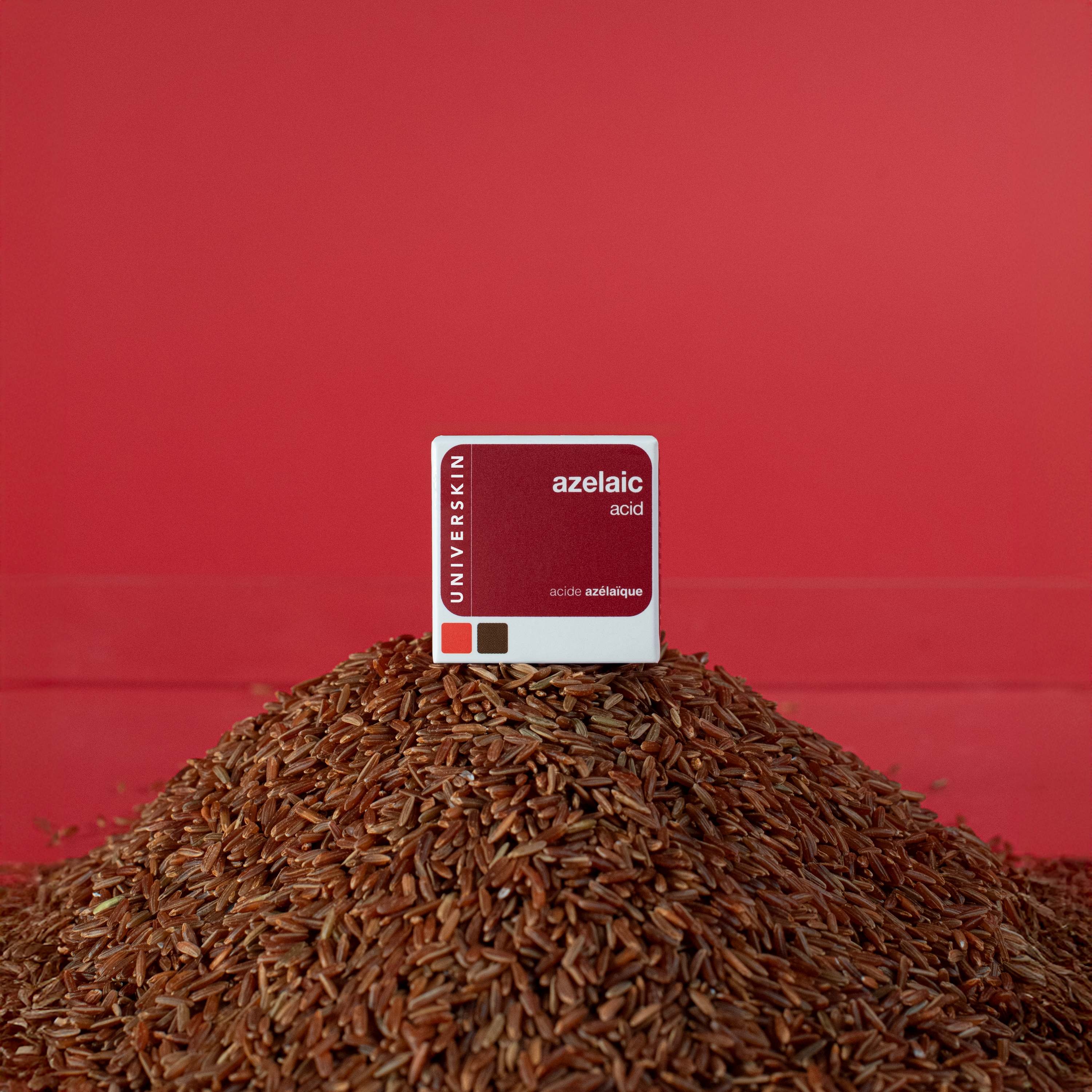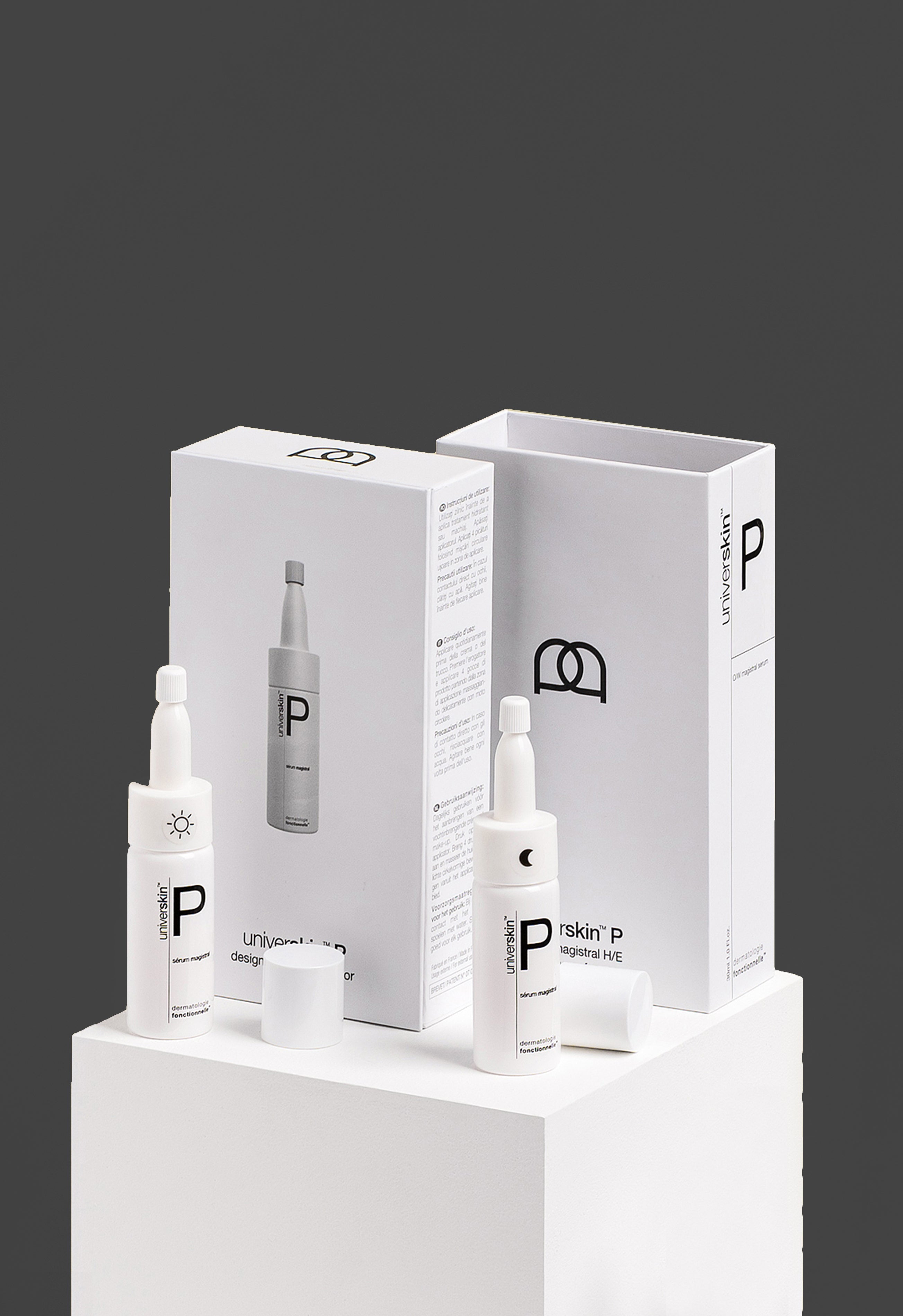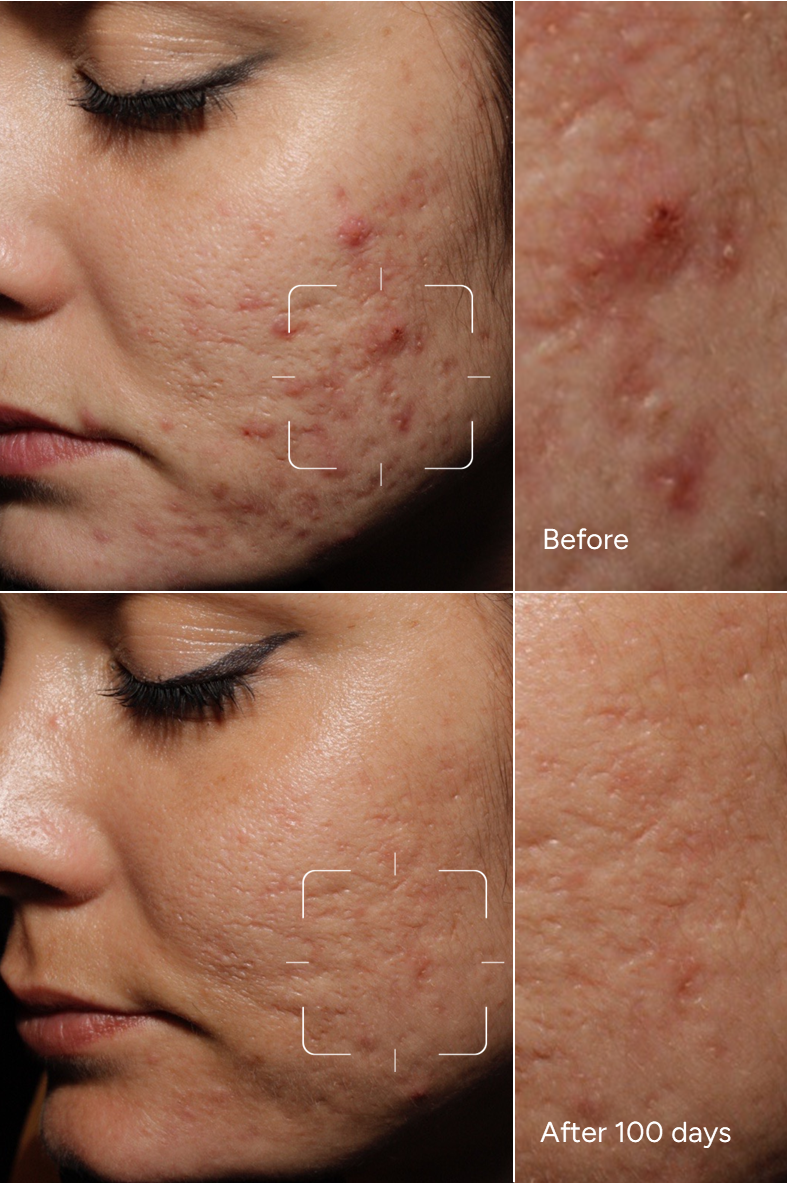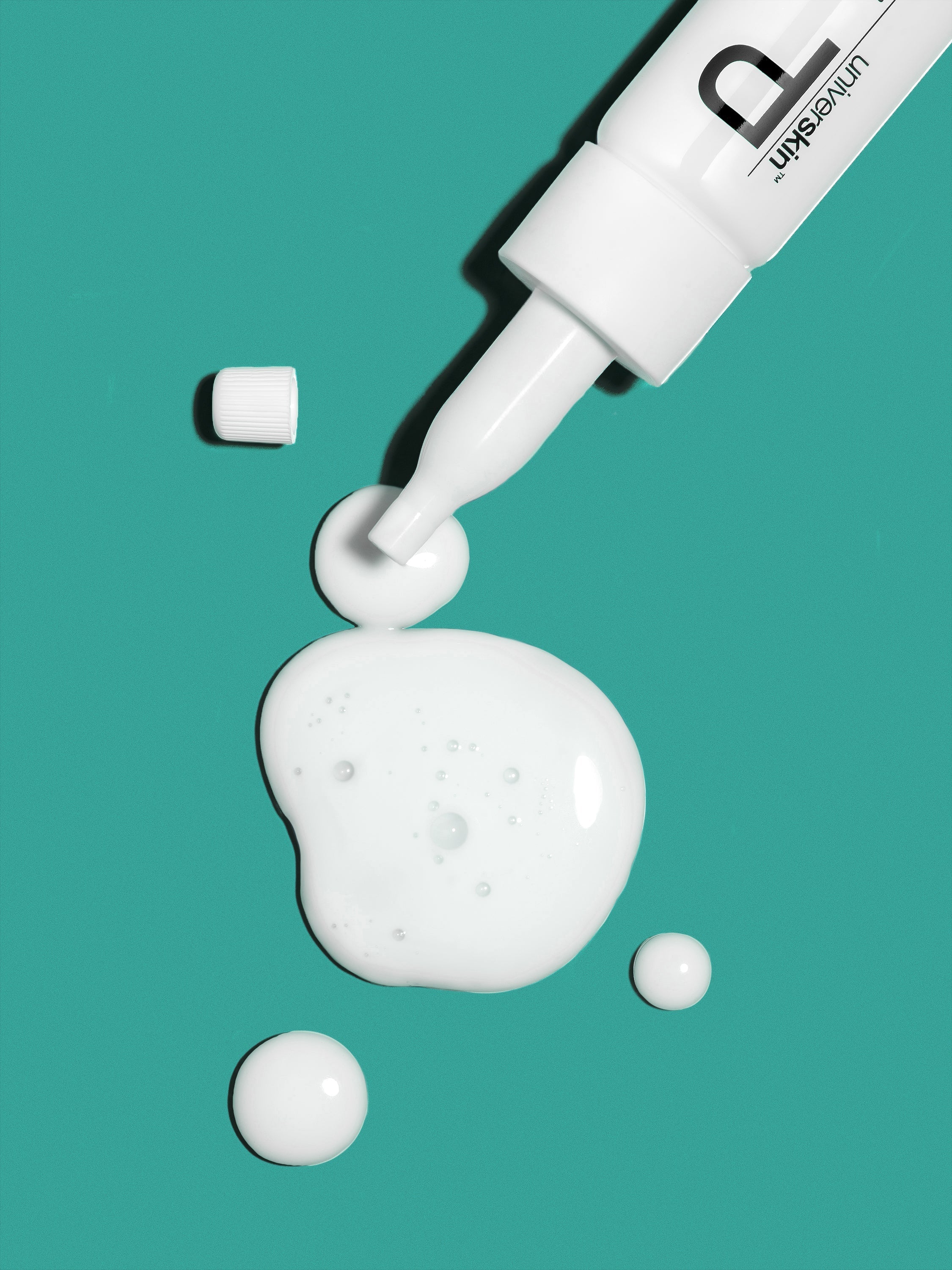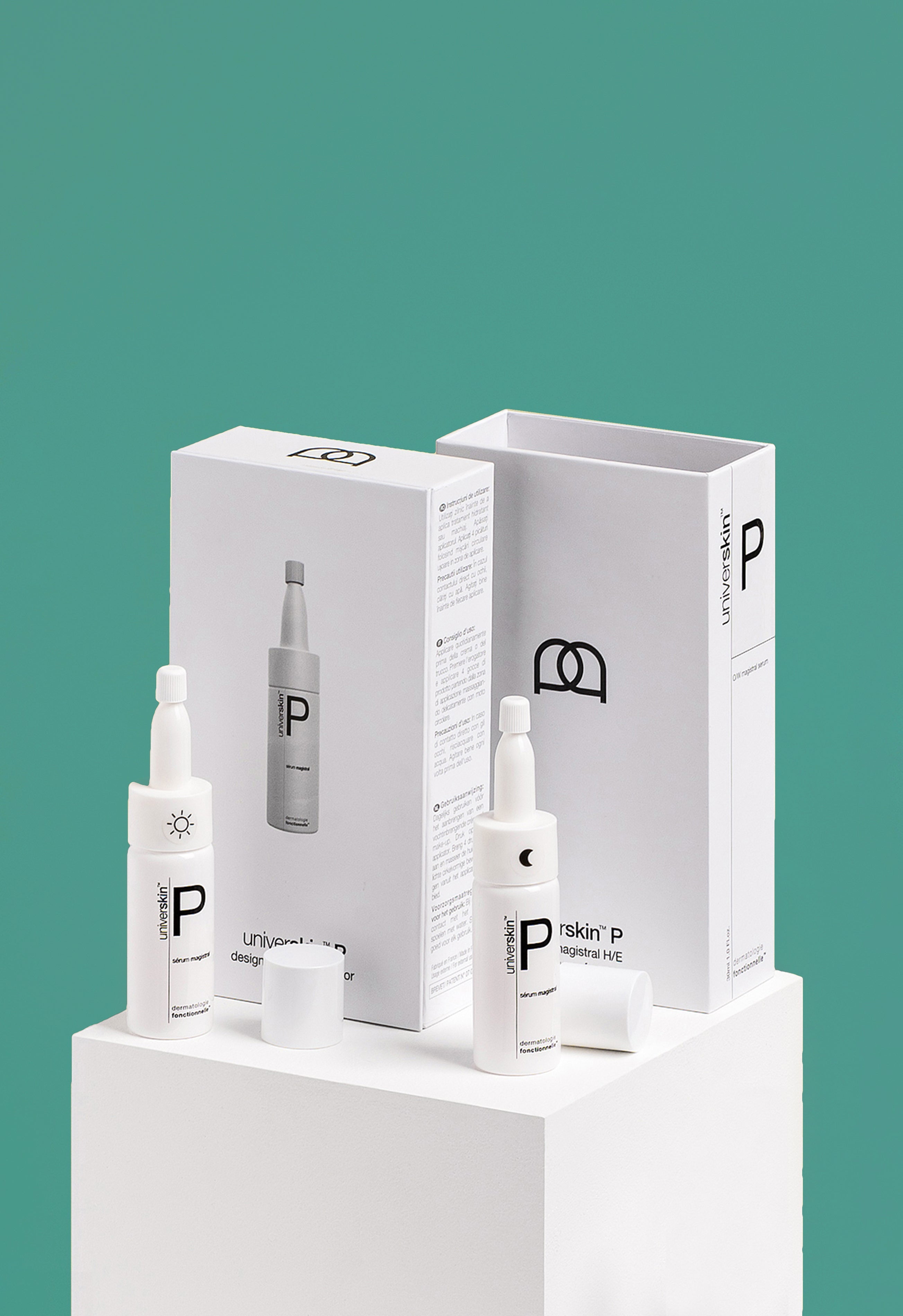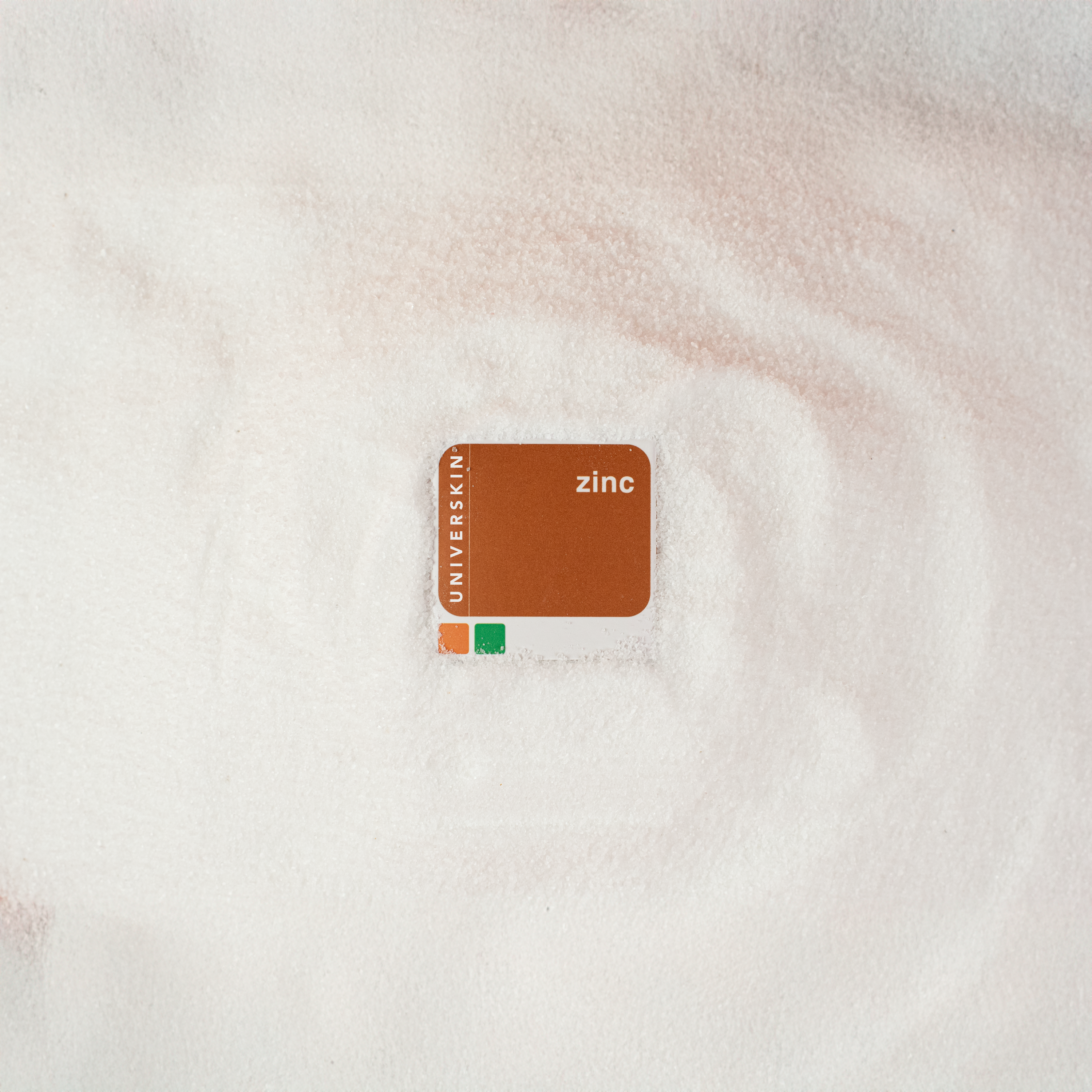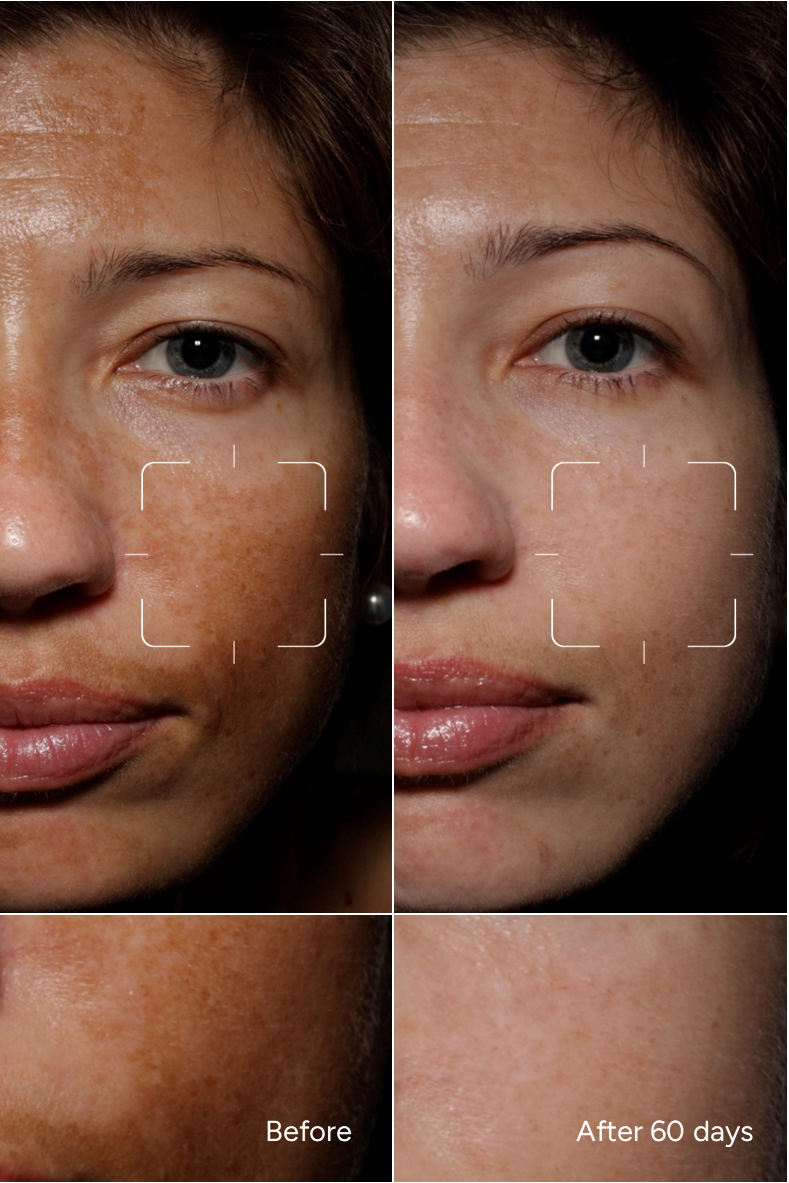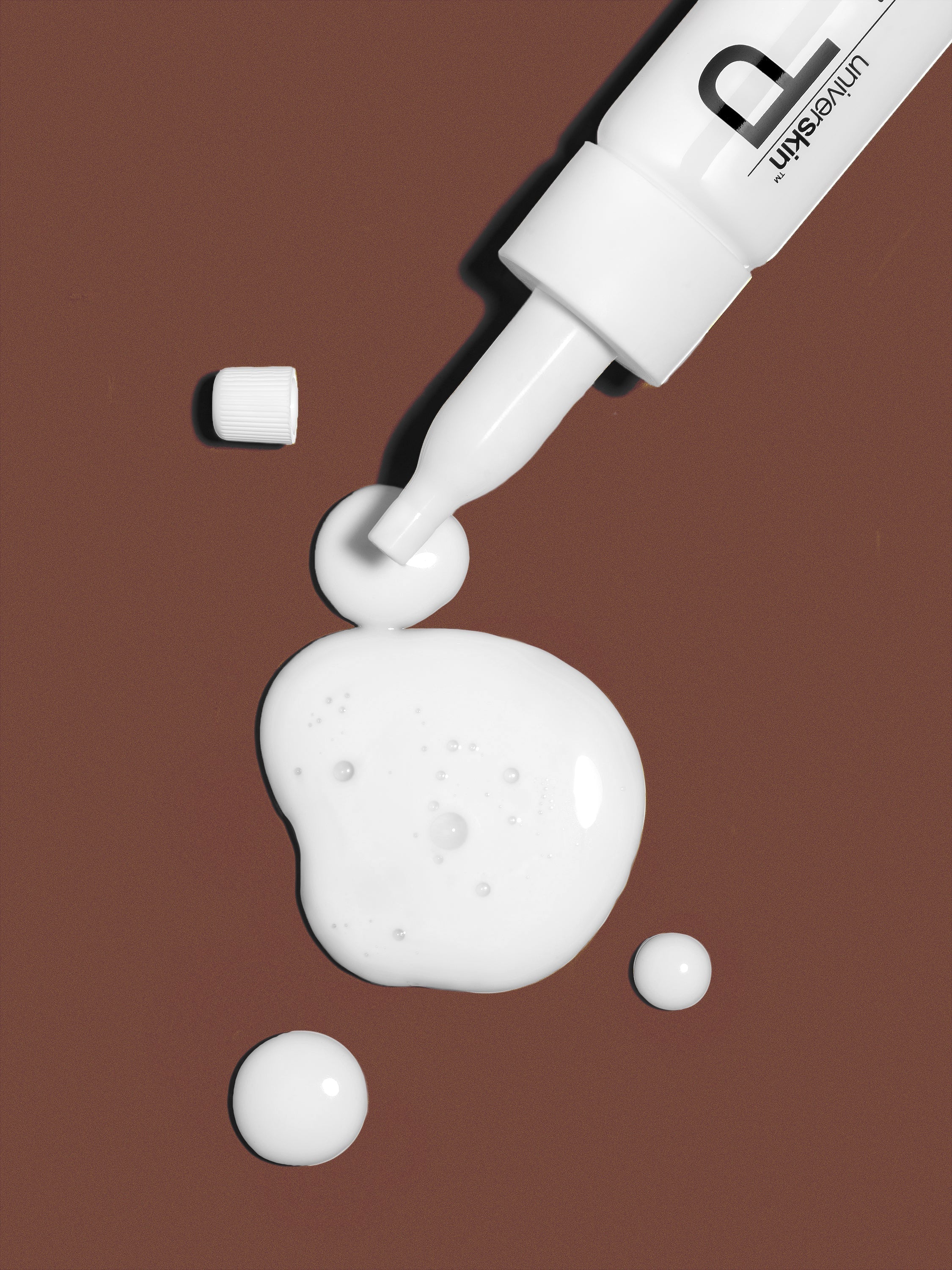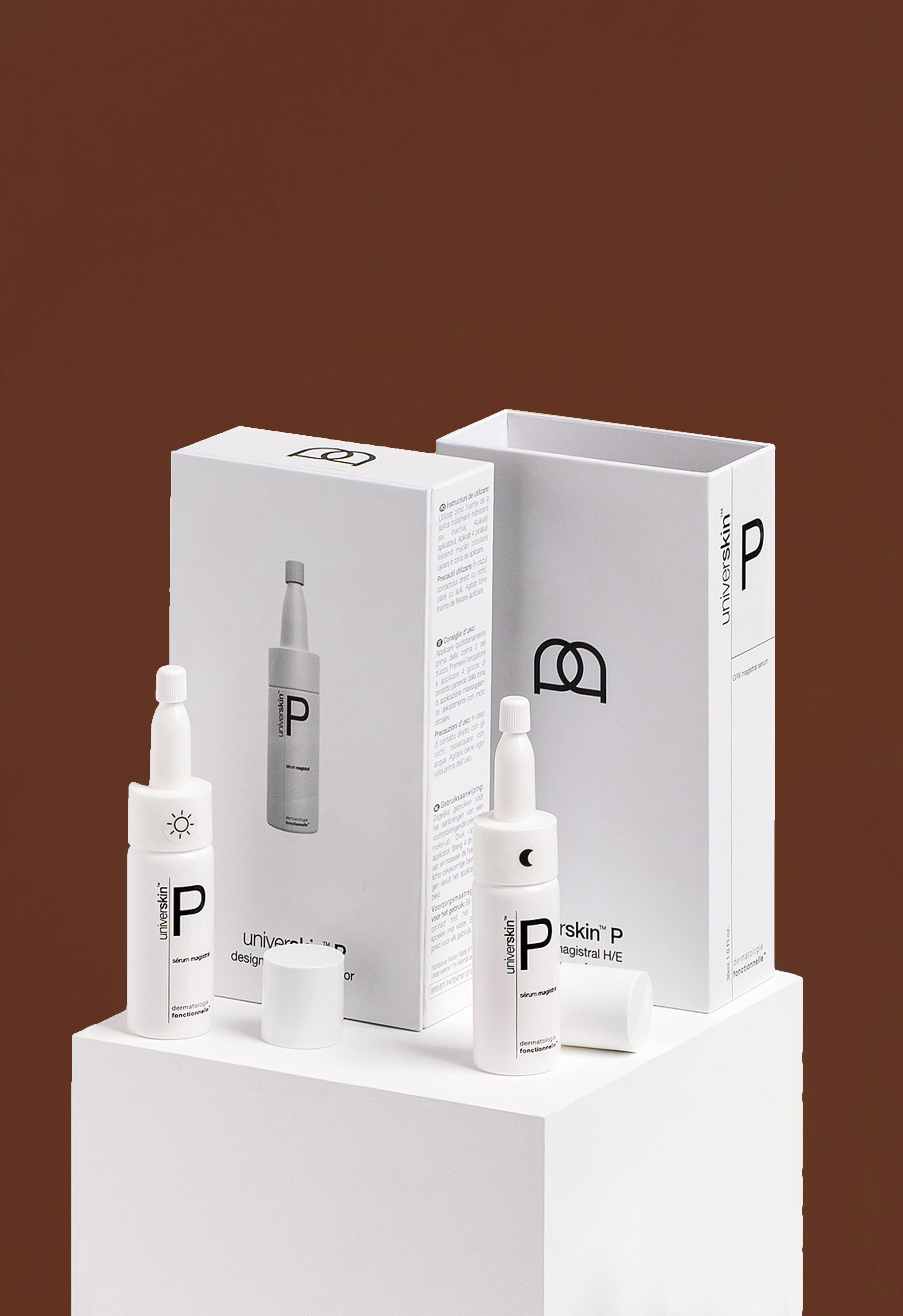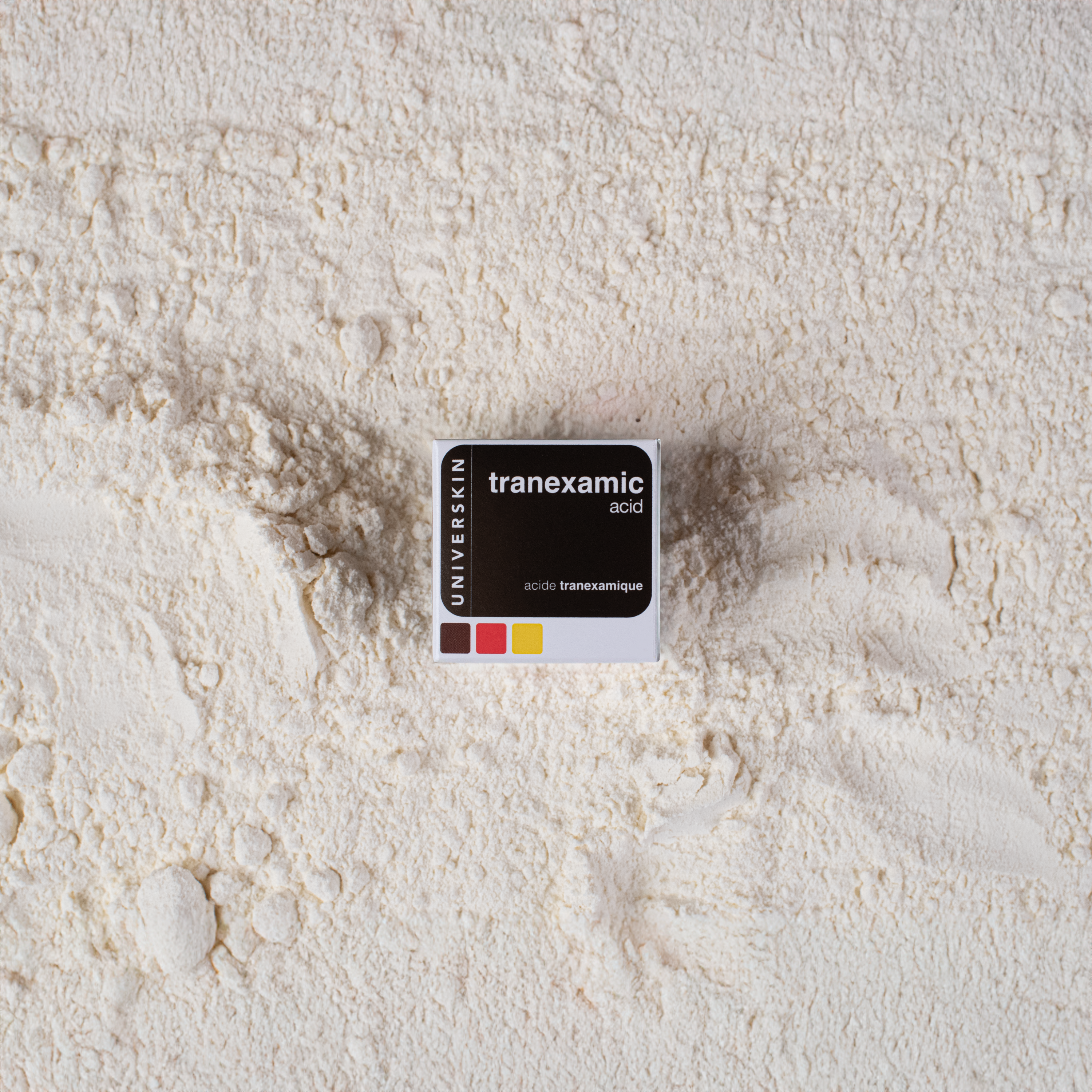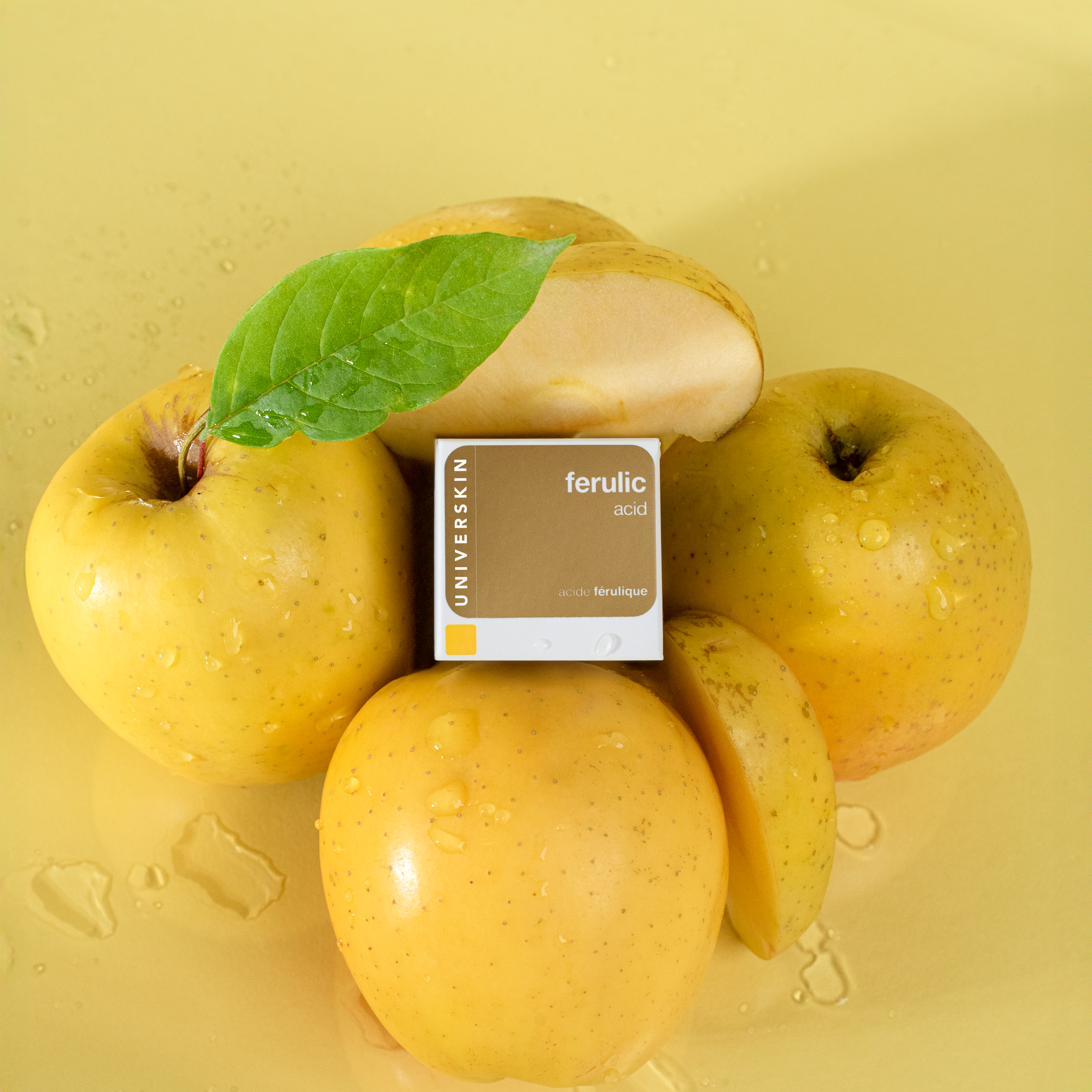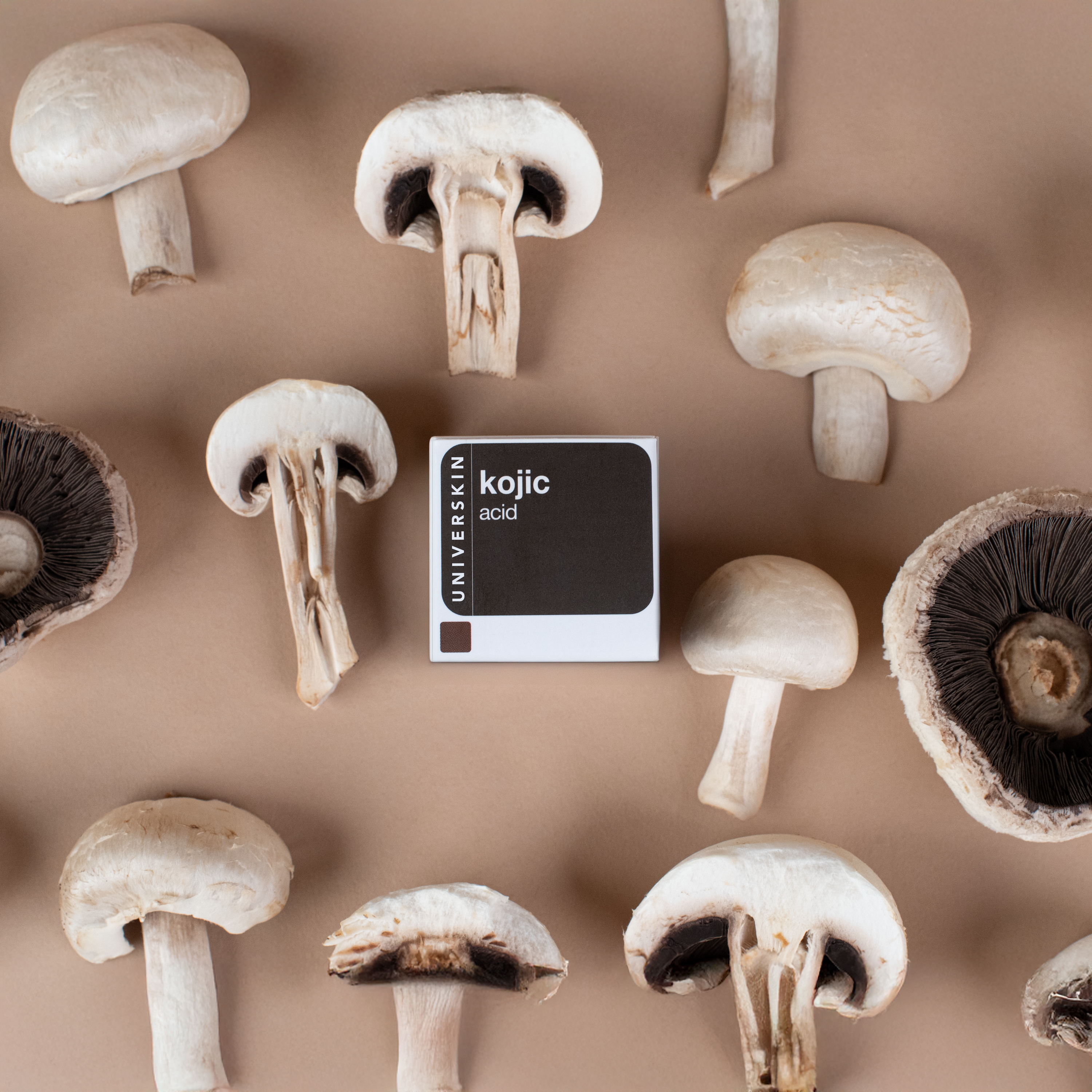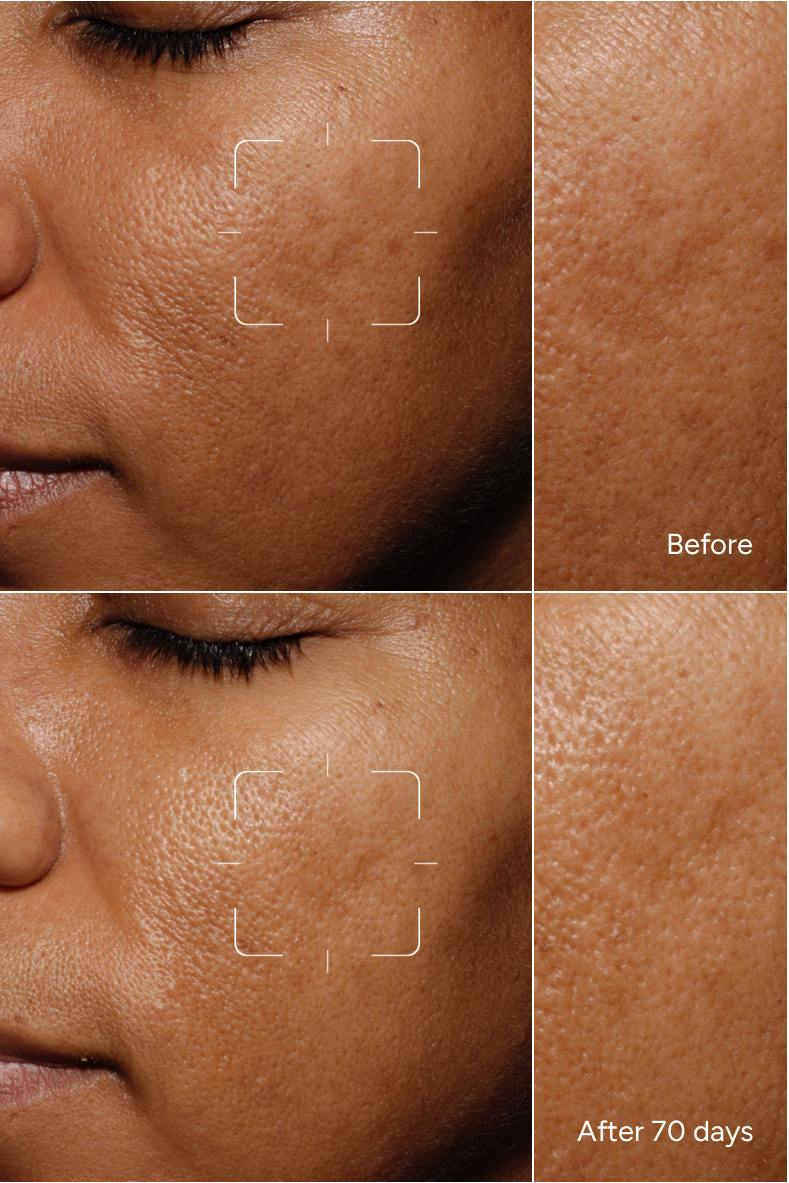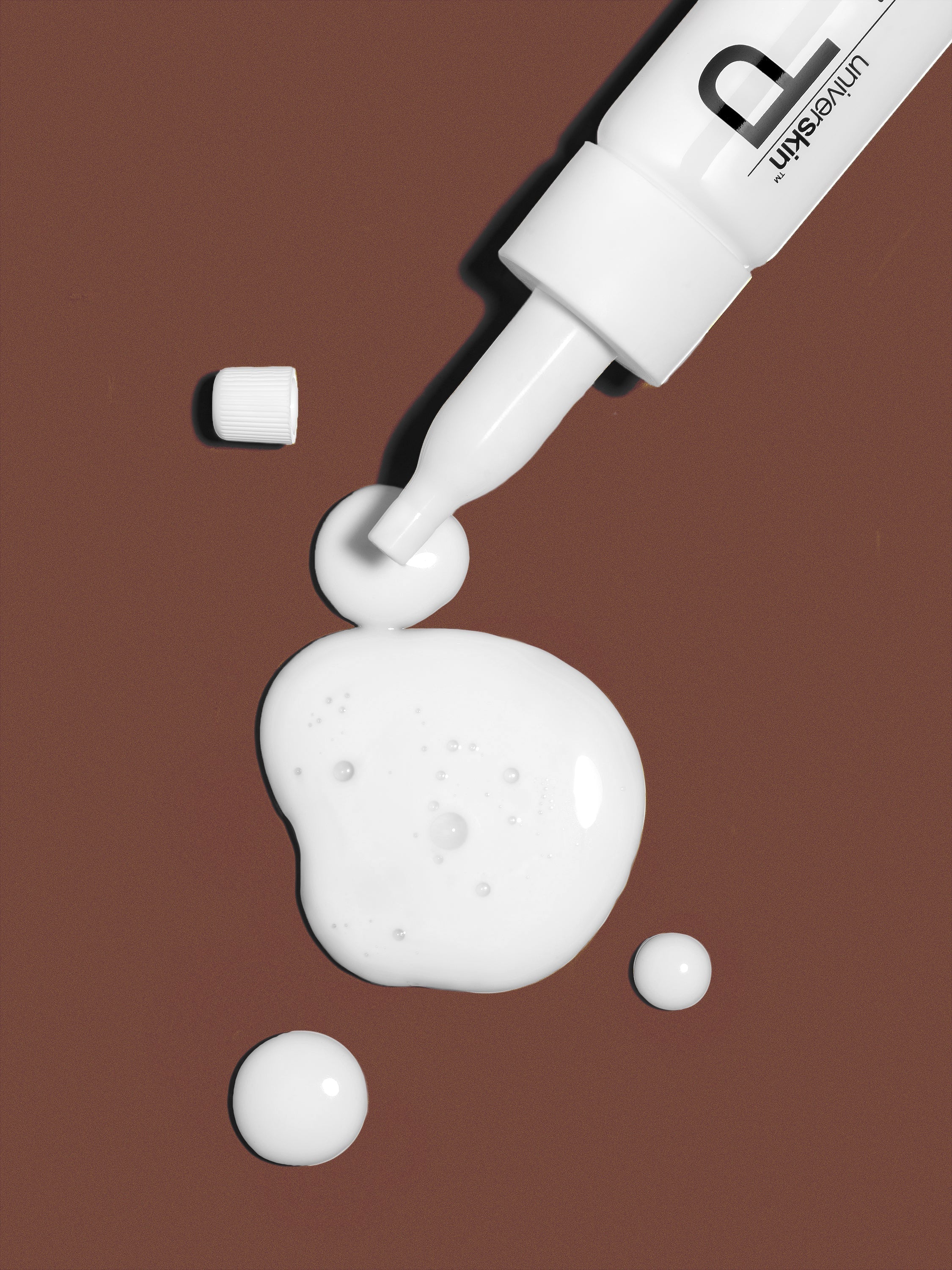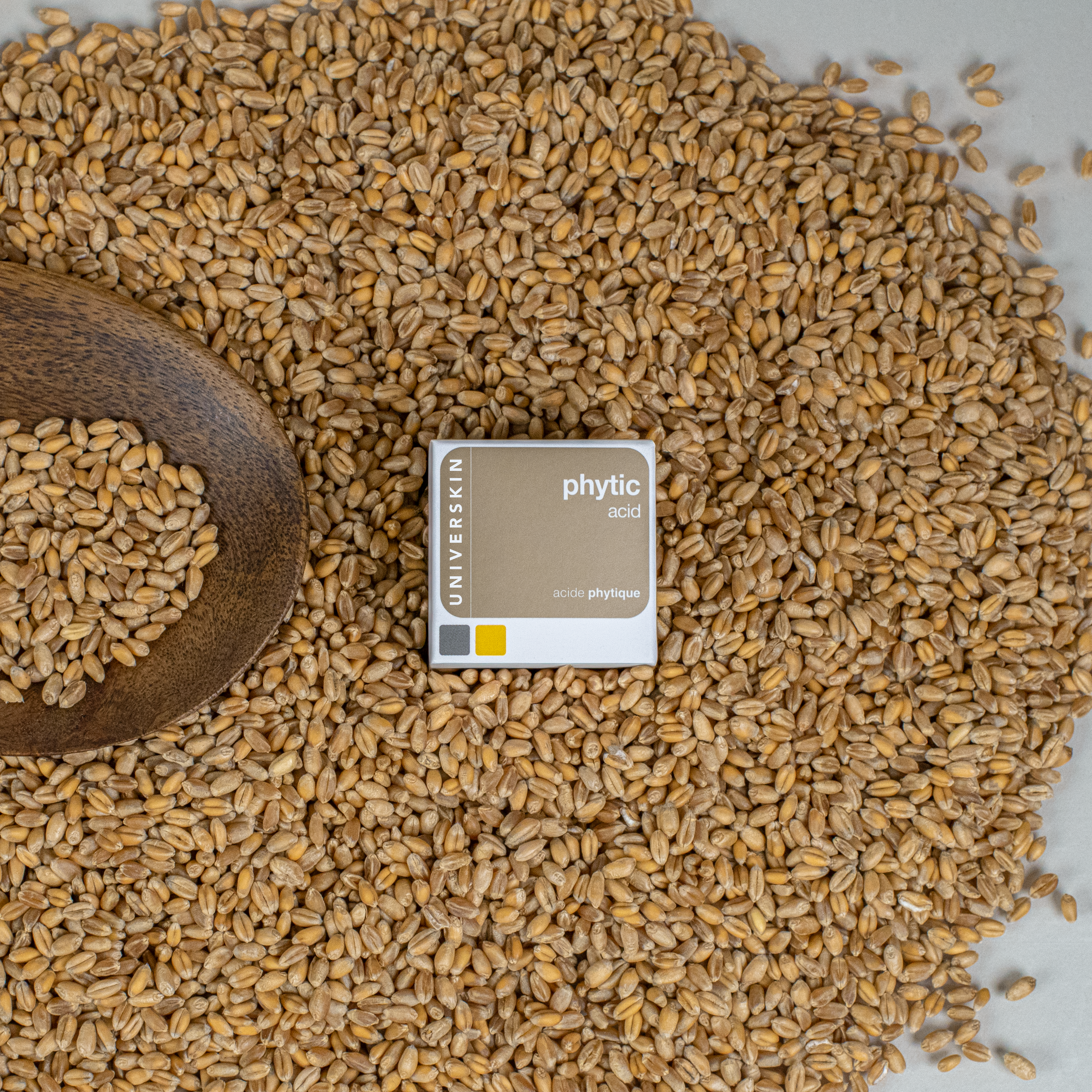
2% PER DOSE, UP TO 6%
PHYTIC ACID
PHYTIC ACID
Phytic acid, also known as inositol hexaphosphate or IP6, is a natural substance found in plants. In skincare, it is often used as an exfoliant, skin brightener, and antioxidant. It is a gentle exfoliant and has been shown to help even out the complexion, giving the skin a brighter, more radiant appearance. Safe for all skin types, phytic acid is the perfect active ingredient to a daily beauty routine.
Concentration
Phytic acid is commonly used in cosmetic products at concentrations ranging from à 0.5% to 4%. The concentration used may vary depending on the intended use and the desired results. In general, higher concentrations of phytic acid may result in stronger exfoliating effects, while lower concentrations may be more suitable for those with sensitive skin. In cosmetic products, exfoliants with AHAs should have a concentration of AHAs no greater than 10% and the pH greater than 3.5. In salon products, no greater than 30% and a pH greater than 3.0. Universkin provides glycolic acid at 7% strength. Universkin phytic acid is dosed at 2%.
Who Should Use It
Phytic acid can be beneficial for a range of skin types and concerns, including oily or acne-prone skin, dull and rough skin, uneven skin tone (brown spots and patches), skin with aging signs like wrinkles and fine lines. It can be a gentler alternative to other exfoliating ingredients like alpha-hydroxy acids (AHAs).

Can Be Used In Combination With
Phytic acid can be used in combination with other ingredients to enhance its effects, including arbutin, niacinamide or isoflavones, vitamin C (in a separate serum) to improve skin brightening, and with azelaic acid in individuals prone to acne and post inflammatory hyperpigmentation.
How Often Can You Use It
Phytic acid is preferably used in the evening. As a start, Phytic acid can be used every 2 days in the evening, and gradually every night, increasing the frequency as tolerated by the skin. Overuse of Phytic acid can cause irritation, so it is important to use it with caution.
Don't Use It If
Individuals with sensitive and reactive skin, as well as those who are allergic should avoid using phytic acid. Additionally, it is important to avoid using phytic acid on irritated skin, as this can cause further irritation and increase the risk of skin sensitization. Pregnant and lactating women should also avoid using salicylic acid unless advised by a healthcare provider.
Origins of the Ingredient

Phytic acid is a naturally occurring ingredient found in a variety of plant-based foods, including nuts, seeds, and grains. It was discovered early 20th by the chemist Hoppe-Seyle who was studying the composition of plant seeds and found that the substance responsible for inhibiting the absorption of certain minerals was a molecule containing phosphorus. He named this molecule "phytin" and later it was renamed "phytic acid". Universkin provides synthetic and high purity grade of phytic acid.
Chemical Composition
It is also known as inositol hexaphosphate (IP6) and is a type of phytate, which is a compound that serves as a storage form of phosphorus in plants. Its chemical structure consists of six phosphate groups attached to an inositol molecule. This structure is what gives phytic acid its chelating properties and makes it an effective ingredient in cosmetic products. Phytic acid is a white crystalline powder.

Mechanism of Action
Phytic acid is a natural antioxidant and has a range of potential benefits for skin health. Despite its ability to absorb certain minerals, which may seem like a disadvantage at first, phytic acid's chelating properties can benefit the skin in various ways. By absorbing iron molecules in the skin, phytic acid can reduce the negative impact of specific minerals on the skin. Phytic acid is a mild Alpha-Hydroxy Acid (AHA) with a plethora of benefits for the skin. By chelating minerals such as iron, zinc, and calcium, which are essential for the growth and survival of many bacteria, phytic acid interferes with the spread of bad bacteria. It effectively exfoliates the skin and promotes a brighter, smoother complexion. In addition, some studies have suggested that phytic acid also helps to reduce the formation of pigment spots by inhibiting the activity of tyrosinase, an enzyme that plays a role in melanin synthesis.
Benefits
Phytic acid is a gentle exfoliant that helps even out the complexion by removing dead skin cells. It can brighten the skin and improve its overall appearance, making it look more radiant. Phytic acid has antioxidant properties, which can protect the skin from oxidative stress caused by environmental factors such as UV exposure and pollution. It also helps regulate the production of melanin, which can prevent further discoloration. Phytic acid can be combined with other ingredients, such as glycolic acid, arbutin, isoflavones, and vitamin C, to enhance its benefits and improve the overall appearance of the skin.
Stability
Phytic acid is a stable ingredient.
In conclusion, Phytic acid is a powerful ingredient that can gently exfoliate and even out the complexion, making it an excellent addition to any skincare routine. However, it should be used with caution on sensitive and reactive skin. Phytic acid can be used in combination with other ingredients for even greater benefits. Whether you are looking to revive dull skin or address pigment spots, Phytic acid can be an effective solution for many skin concerns.
Featured collection


